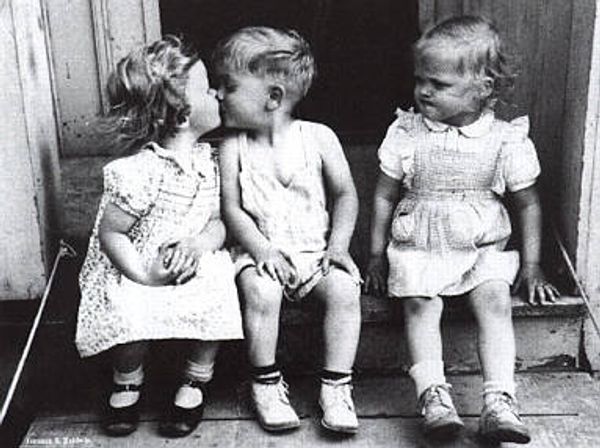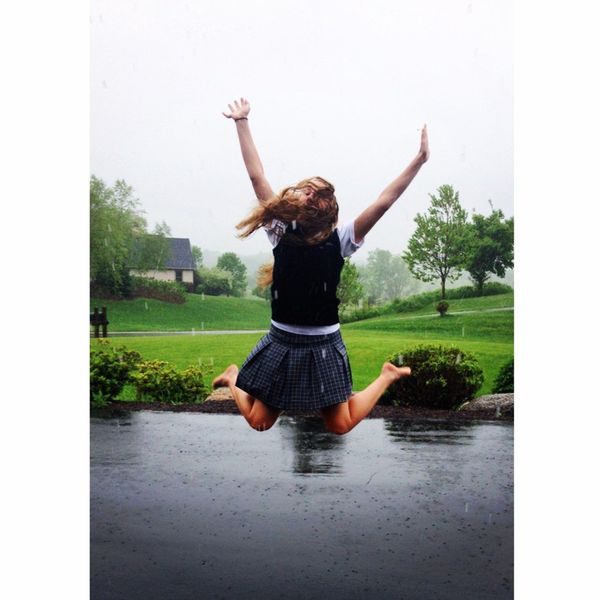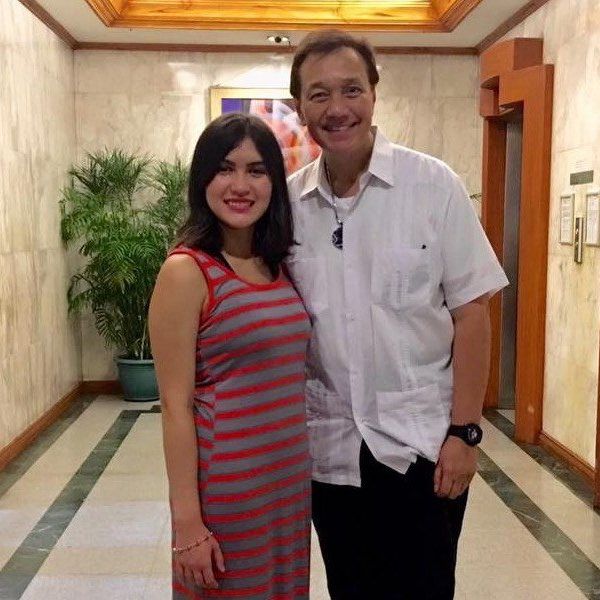I am the kind of person who just naturally loves to people watch and eavesdrop, not because I'm nosy, but because I just like to get lost in the things other people are doing. While doing so, I overheard a conversation that genuinely made me want to scream and cry and it honestly just made me so sad as an LGBTQ+ person.
Alabama is not well known for its openness to acceptance of anyone who isn't straight, white, male, or Christian, so it doesn't come to much of a surprise to hear people talk so negatively about teenagers and young people being LGBTQ+. It, however, took a turn that just made me so angry and upset. One of them had noted that they were both foster children and that it's so very common to see foster kids behave in that way because of how terrible their lives were.
First of all, it surprised me to hear that even straight people recognize that LGBTQ+ youth are highly overrepresented in the American foster care system, and yet, they see the entire situation so differently. They see such overrepresentation as a testament to the damage and defects that come with being a foster kid. It's only natural that a child shuffled from home to home would have problems like that.
It made my stomach start to turn. Foster children are one of the most vulnerable populations in our society and to hear them being referred to like they were damaged goods honestly made want scream, but what made it so much worse was that it was almost second nature for them to see their queerness as proof of their brokenness.
They didn't once wonder whether or not they were in the foster system because their parents neglected them or abused because of their queerness. Or that they were still in the foster system because foster parents refuse to take in queer children, so they stay in the system for far longer than their straight peers. Or even that the attitudes about queer people that have placed these children into homes that are abusive and corrosive are the same behaviors that they themselves are exhibiting by talking about children like they're broken.
I'm honestly not sure what I'm trying to say by sharing this with you all, but it's something that left a huge impression on me and made me ask myself something really hard. Does my sense of care for people who are disadvantaged come from a healthy place? Do I want to help because I see a system that treats people poorly? Do we want to fix broken systems or broken people? The answer to that last question is really important, and if we aren't careful, our answer can be a really harmful to the very people we want to help.



















